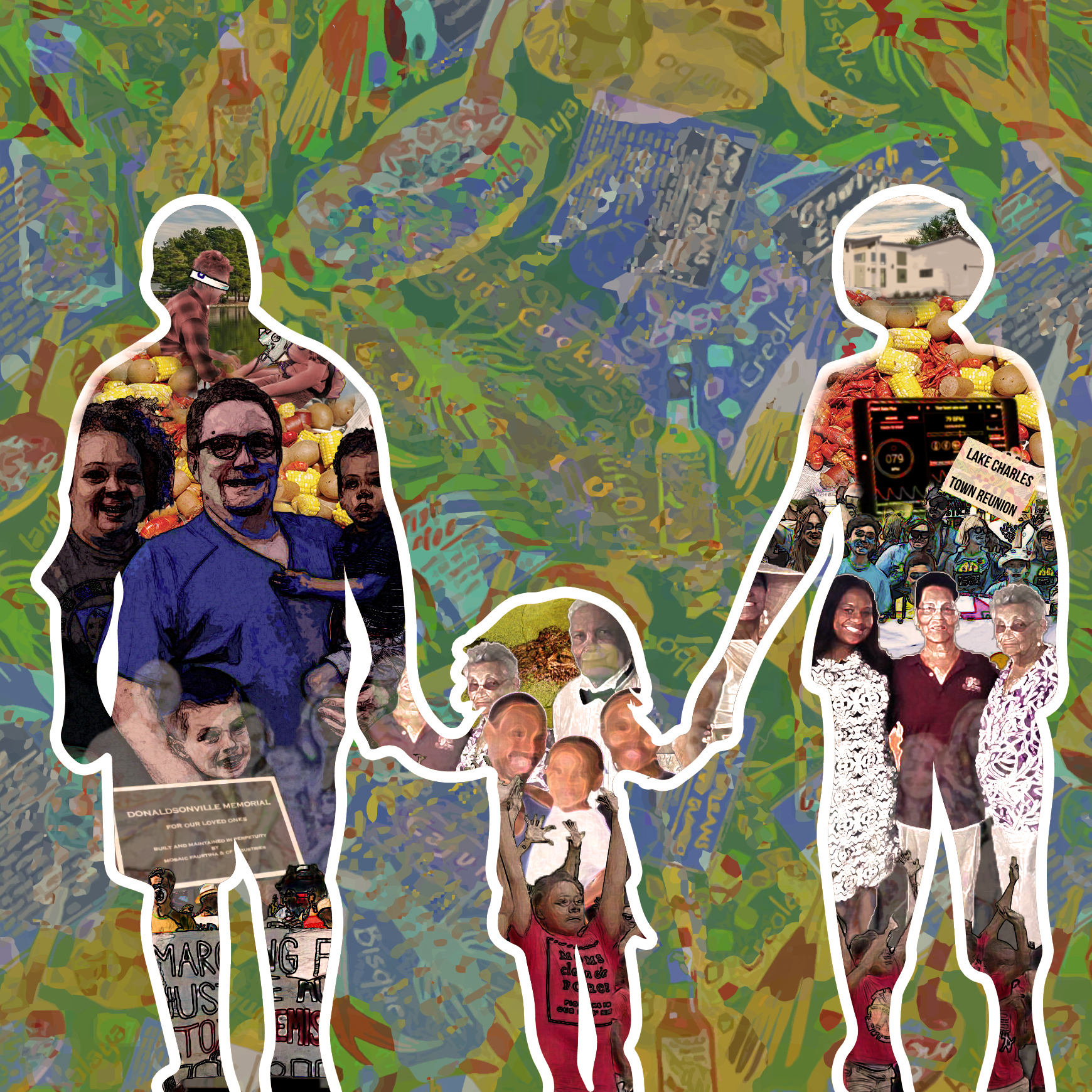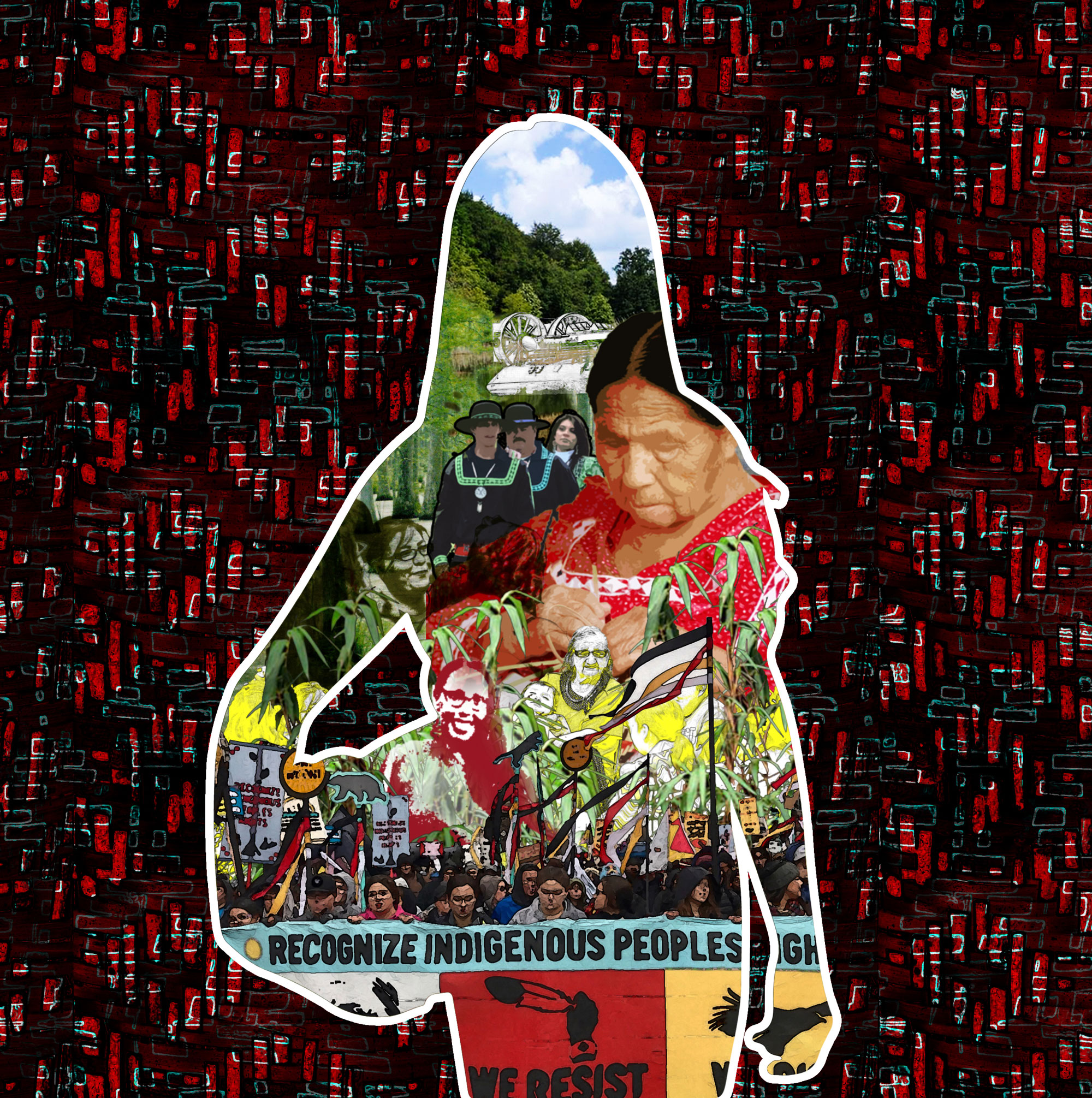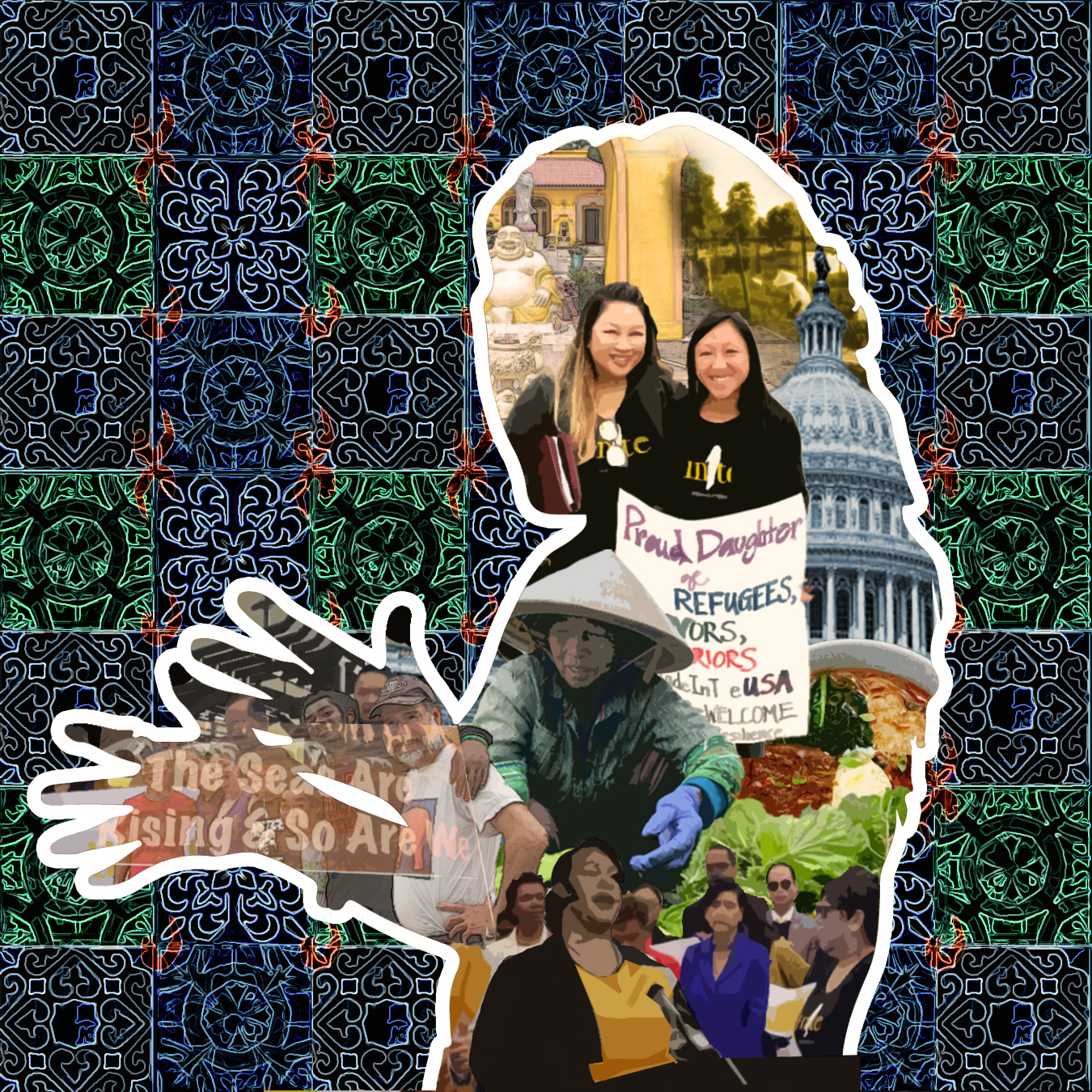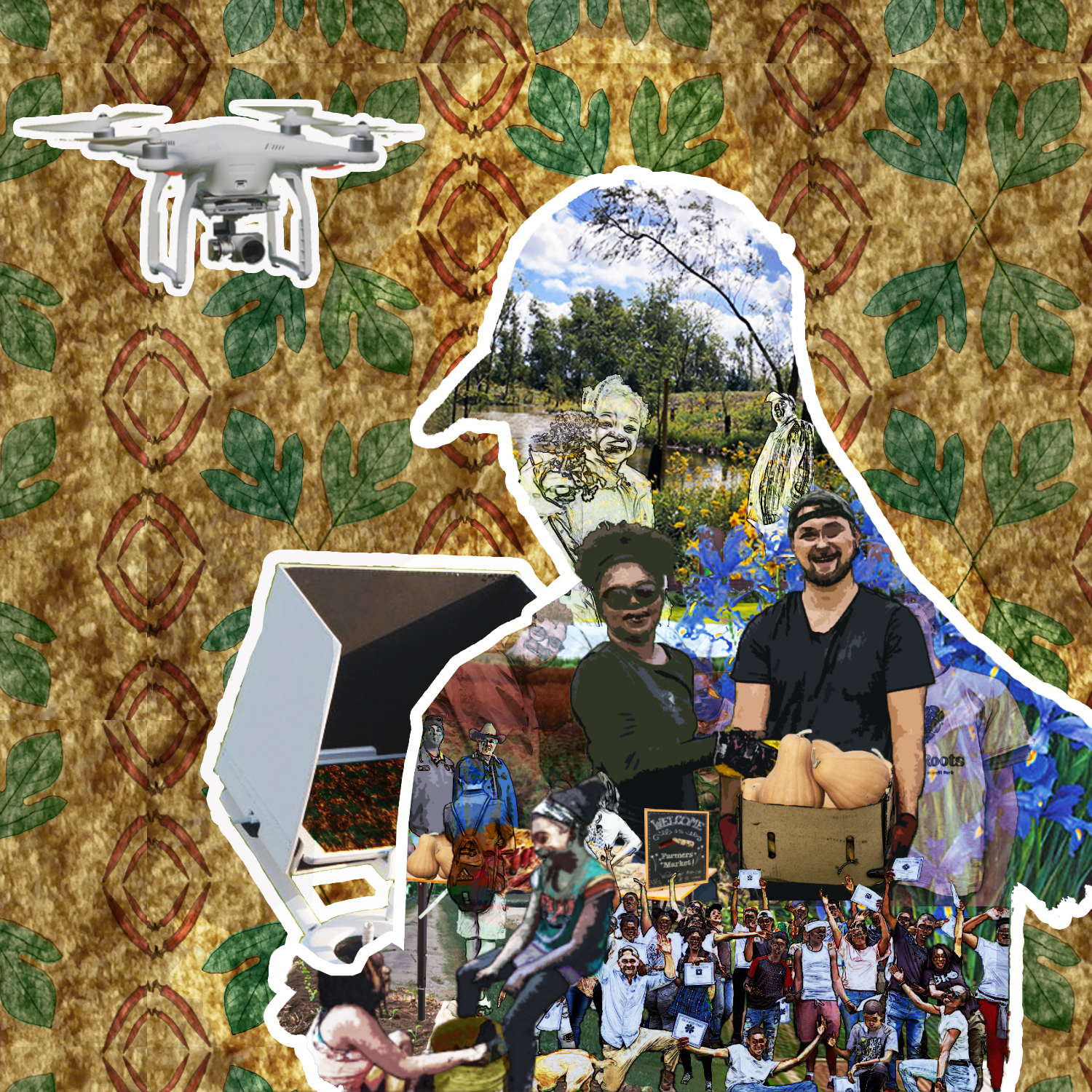

Adelle Buford
Baton Rouge, LA | Farmer & Teacher, Baton Rouge Parks and Recreation Dept.
2025
Adelle Buford is a 45 year old Black American Creole woman living in Baton Rouge in the year 2025. She lived in New Orleans prior to 2022. She’s an employee at one of Bluebonnet Swamp’s Nature Center located in Baton Rouge, Louisiana. After the passing of the Green New Deal, Baton Rouge Parks and Rec (BREC) was able to expand from their traditional recreation and nature education efforts and move into agricultural land management innovation, which led to the conversion of Farr Park into an agroecology farm where Adelle works and heirloom crop seed sale similar to PlantFest! up at Hilltop Arboretum to spread crop diversity in the region.
Interviewer: Hi Adelle, thank you for joining me today. Are you ready to share your experiences?
Adelle Buford: Yes, thank you for the opportunity!
Interviewer: I’m excited to hear about your job with Baton Rouge Parks and Rec. Can you tell me about it?
Adelle Buford: Certainly! So, for the past few years, I’ve been working on a new farming initiative at the Bluebonnet Swamp Nature Center for the Baton Rouge Parks and Recreation Department. I’m a Farmer and Teacher at Farr Park. It’s been an intense couple of years, and there’s been so much change, I’m incredibly appreciative of organizations like Swamp Fly Louisiana that provided a vision for the future of urban farming in Baton Rouge.
Interviewer: I agree, on the drive here I was telling my co-worker that I couldn’t believe the amount of fallow land that had filled in with farms over the past few years . Your farm has been recognized as a great example of the future of urban farming; can you tell me about your path to becoming a farmer in the first place?
Adelle Buford: Before working with the Nature Center, I was the vice president of an education nonprofit. I love children, and was glad to improve the experience of school for both students and teachers with our gardening and farming education program, but, the thing was, my organization was just a drop in the bucket of a much larger issue We were all so overworked, and had to fight every year just to keep budgets at par. After the Green New Deal’s Justice for School Funding Act , I felt for the first time in my life that our schools would be staffed, funded, and designed to create the type of classroom experiences our children deserve.
Interviewer: That must have been such a relief, the School Funding Act is one of my favorite proposals of the Green New Deal.
Adelle Buford: It was, in many ways, but it did make for some changes in my life. The nonprofit ended up closing because its services were no longer needed, and rather than allowing the new public education sector to recruit me like it did my coworkers, I decided to finally put my hobby of growing my own food in focus and become a full-time farmer. I signed up for in a 2-year agroecology and restorative farming training program that was free for Black Americans and it prepared me to be one of the three farmers at Satellite 3.
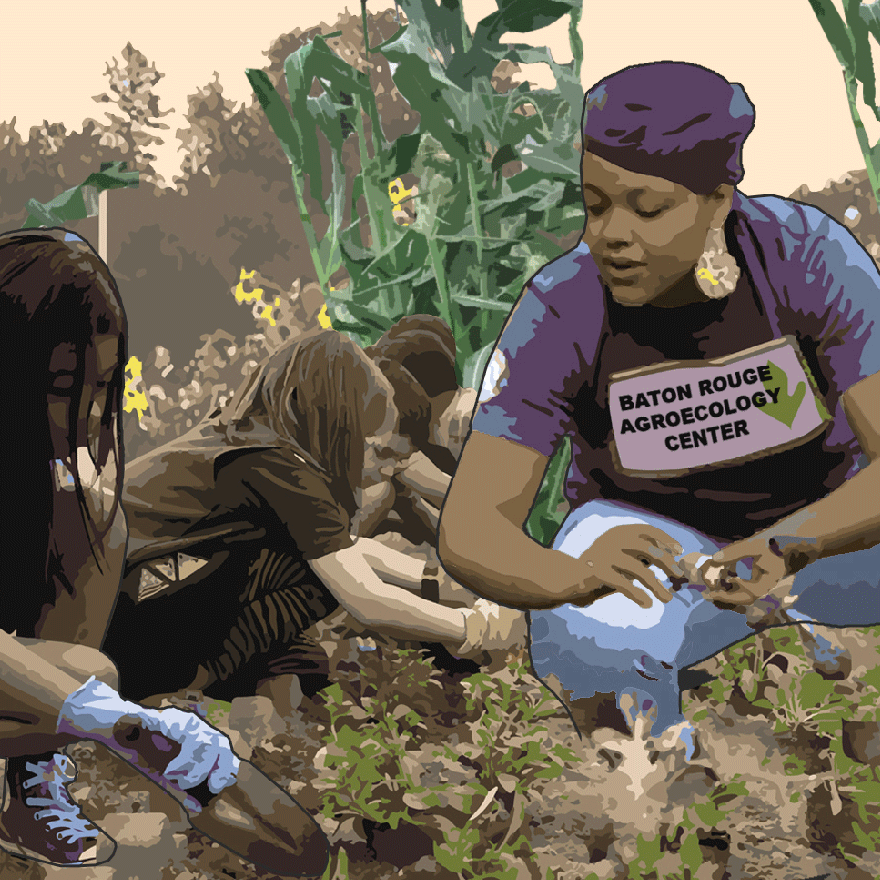 Adelle Buford at Satellite 3 Agroecology Farm.
Adelle Buford at Satellite 3 Agroecology Farm.
Interviewer: Interesting, so because the Green New Deal was likely to resolve an issue that drove your personal and professional career, you opened your mind to new opportunities?
Adelle Buford: Yes, exactly. My current role is much more hands-on with children since I teach a farm to table class a few time s every week, but otherwise, it was definitely a leap into a new industry. I love getting to teach the kids about our traditional foods like okra and purple peas.
Interviewer: That sounds amazing. Now that we know a little about your background, can you tell us more about the place you’re working at?
Adelle Buford: Definitely. Farr Park represents so much of what I appreciate about the Green New Deal. The land where the farm is located used to be lying fallow with rotting plantations, now, it’s one of the most popular farms and community gardens in the region. After completing an environmental and cultural review, this land was designated as safe for agriculture. BRNC has always been about working with nature, so we started an agroecology farm. Agroecology farming means that we try to keep everything on site, and bring nothing new in beyond seeds or plants. Instead, we’re working with the ecosystems suited for the wet soils to plant diverse crops near each other, compost the weeds and left overs in place, and practice crop rotations to foil pests .
Interviewer: The increased funding from the government has spurred a lot of local farming.
Adelle Buford: It really has. Even in the last year I’ve heard of so many new people trying to get into it.
Interviewer: Can you tell me about your work duties and how that experience has been?
Adelle Buford: I’m involved with almost everything around here, but a few examples of what I do include plan and work on crop plantings and harvests, teach food security through the farm-to-table classes, and lead our community engagement strategy. We’re in the middle of a flint corn harvest right now so I haven’t had much time for anything other than farm work.
Interviewer: Flint corn? I don’t think I’d heard of that before. Can you tell me more about what you’re growing here?
Adelle Buford: Yes! Flint corn varieties are known for being really hard on the outside, but they’re really resilient and a great corn for grits or hominy. We also grow sunflowers, purple hull peas, pumpkin, plenty of varieties of squash, which also double as good weed suppressors, and we use river cane as a fallow field rotation crop. Most of the heirloom seeds and knowledge of what to grow where and when comes from Willie, an elder I know from the Houma tribe, whom we were able to hire with the USDA funding. She comes by a few times each week to check on the crops, advise on seed collection and saving, and help us improve our farming techniques so that they’re good for the often-wet landscape here, it’s been a real benefit to all of us to learn from Willie.
Interviewer: That sounds great, I’ll have to come back and meet her sometime soon. What else do you enjoy about your work here?
Adelle Buford: I appreciate the fact that I work with children from all over the region and introduce them, as a group, to the wonders of urban farming and local food. I’ve been intensely challenged to deepen my understanding of nature and how different communities interact with it. I have some children come who grew up around tractors and others that have never seen one outside of a TV. Satellite 3 is a new experience for all of them so there’s plenty of times when the children are teaching one-another how to engage with the Earth and foods.
Interviewer: So, one last question, you mentioned that you get to teach children across the region. Can you share the importance of what this means to you and the Green New Deal as a movement?
"... Now, instead of fighting over whether climate change is real or not, I can actively involve children in the intended goals of the Green New Deal. I’m thrilled to be working with the first generation of children that will grow up under the benefits of this policy....”
Adelle Buford: Yes! I love that you asked that! So, when the Green New Deal was initially passed, there was a lot of skepticism and fear about how the bill would change people’s quality of life. Louisiana has a lot of oil workers, it’s a conservative state, people are worried about moving; there’s a lot to consider when thinking how Louisiana adopts this policy. Now, instead of fighting over whether climate change is real or not, I can actively involve children in the intended goals of the Green New Deal. Who knows what they’ll think in the future, but I’m thrilled to be working with the first generation of children that will grow up under the benefits of this policy. I believe they’ll have a much different approach to the environment, the government, the world than past generations. I think experiences like Satellite 3 demonstrate how intertwined our communities are despite their distance, and the power of collective action.

